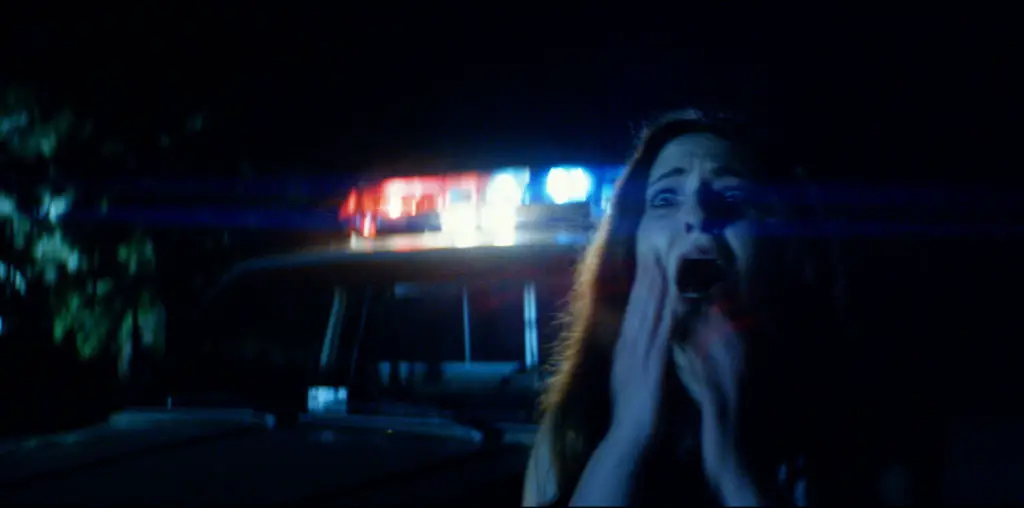
Astronaut Earl Jensen gets launched into space by the U.S. Space Agency in veteran animator Bill Plympton’s latest outing, “Mutant Aliens.” No sooner does he reach orbit, however, than his spacecraft suffers a catastrophic fuel loss, dooming him to a lonely death marooned in the cosmos.
Although the evil head of the agency, Dr. Frubar, blames Earl’s adorable daughter Josie for this “accident,” he’s really the one responsible. Frubar hopes to exploit public sympathy surrounding Earl’s death, using it to fuel funding for his pet project, the “Ad Ship”; an enormous, hugely expensive billboard in space that would beam down advertising and other corporate swill to a captive, Earthbound audience of consumers.
Working as an astronomer twenty years later, Josie spots Earl’s long lost craft hurtling miraculously back towards Earth. A second ship containing Earl’s saviors, an assortment of cute but vicious mutant creatures, follows him down. Together with Josie and her h***y fiancé, Earl and his ragtag band of mutant alien allies embark on a fierce war of revenge against his evil one-time superior.
Plympton’s trademark flair for the outrageous and grotesque is proudly on display here in this colorful and explicitly drawn animated feature. No one working in animation is better able than he to mine the depths of scatological and/or sexual humor for laughs. Nor can anyone, including Kricfalusi at the height of his “Ren & Stempy” days, get as much comical mileage out of dismembered, blood-gushing body parts.
Though these moments are invariably effective in “Mutant Aliens,” they are, unfortunately, merely isolated comedy islands in an otherwise slow-moving film with as much padding as plot. What makes this problem more confounding, is that there are several subplots left completely dangling. Dr. Frubar, for instance, traumatizes Josie by blaming her for causing her father’s death. Yet, this is never even so much as mentioned when father and daughter reunite twenty years later.
Then, too, we learn in a throwaway line that the “aliens” are actually subjects left over from government research experiments. So who was responsible for creating them and how did they wind up in deep space? We never find out.
Granted, following a linear plotline isn’t priority one in a Plympton film. This is an outrageous animated film, not “Masterpiece Theatre,” after all. But “Mutant Aliens” feels padded. So why not tie up some of these loose ends and make the film stronger through solid storytelling?
Finally, as difficult as it may be to believe, “Mutant Aliens” almost seems quaint. If the film’s riff on capitalism’s excesses isn’t exactly behind the curve, it’s far from the cutting edge. We live in a world, after all, in which Russian cosmonauts made a risky spacewalk for the sole purpose of unfurling a giant Pepsi banner outside their Mir space station. In essence flying an Ad Ship of their own in order to generate revenue for their cash-strapped space agency, the Russians beat Plympton to the punch; dating this film before it was even finished.
One can find more pointed social commentary on a weekly basis on Fox’ “Futurama” than in this film. Being a network television show, however, it’s also more disposable. One would expect a feature film by someone of Plympton’s stature, even one entitled “Mutant Aliens,” to have a much greater, longer lasting impact. Though this rude and crude film does deliver a few gut-busting laughs, its digs at modern society are all things we’ve seen before.

